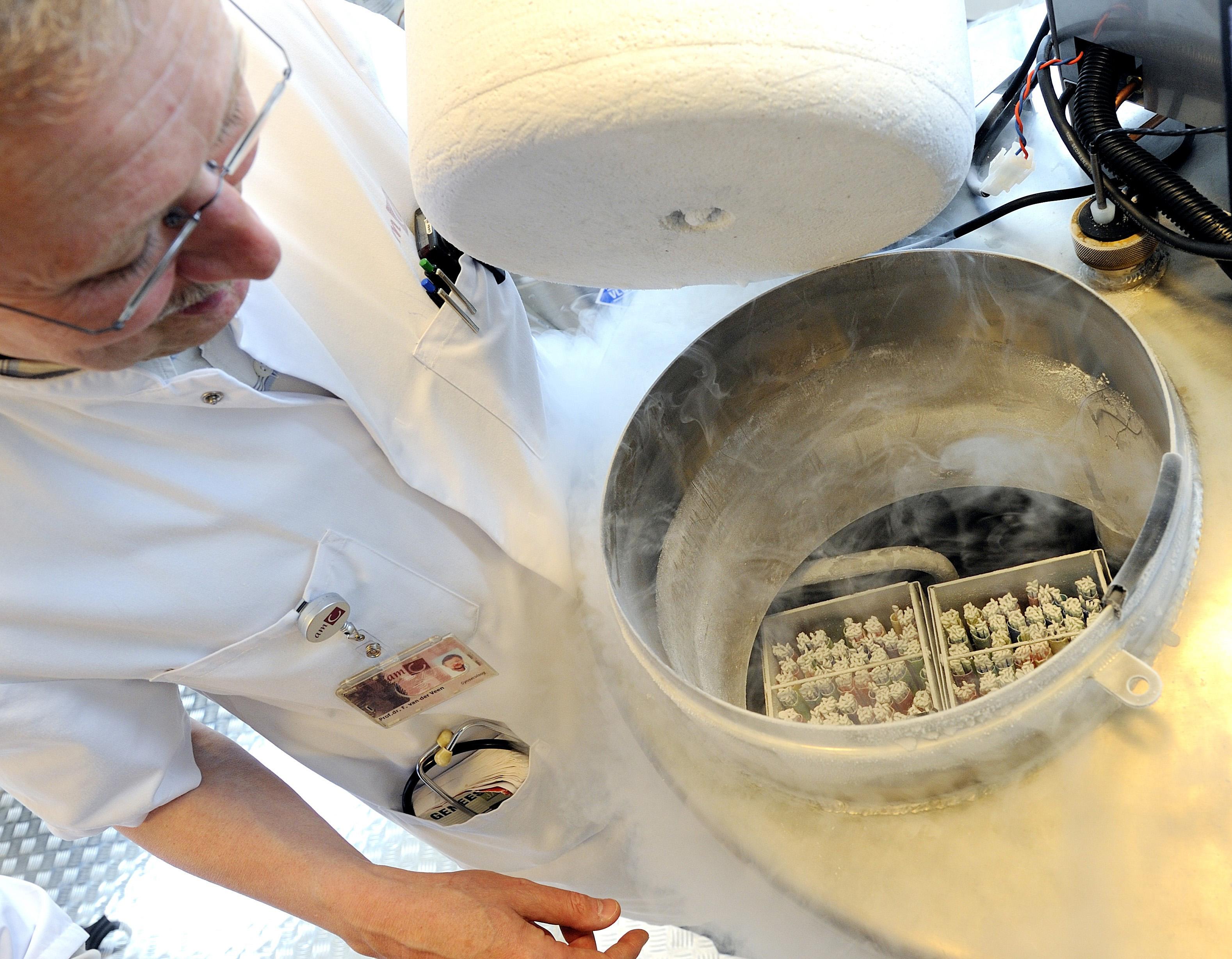Apple and Facebook are competing neck and neck in the latest stage of the Silicon Valley “perks arm race”: Employees at both companies will now be able to freeze their eggs under their employee health plans regardless of their reasons for doing so. The companies will cover up $20,000 in costs, typically enough to pay for two rounds of egg harvesting. NBC’s Danielle Friedman reports that egg freezing advocates have also seen “large law, consulting, and finance firms” allocate funds to cover the procedure, albeit quietly. That’s good for female employees of these companies, who will now benefit from a fuller range of reproductive choices: Apple and Facebook also cover costs related to fertility treatments and adoption, Facebook awards $4,000 of “baby cash” to new parents, and California employers are required to cover abortions under state law.
The move is also good for Apple and Facebook, which are competing to hire and retain women in tech:
Will the perk pay off for companies? The benefit will likely encourage women to stay with their employer longer, cutting down on recruiting and hiring costs. And practically speaking, when women freeze their eggs early, firms may save on pregnancy costs in the long run, said [Lynn Westphal, a Stanford University Medical Center associate professor of obstetrics and gynecology]. A woman could avoid paying to use a donor egg down the road, for example, or undergoing more intensive fertility treatments when she’s ready to have a baby.
At the Atlantic, Megan Garber pegs the development as a cultural tipping point toward making egg freezing accessible to more than just “very wealthy” American women. But I’m not sure that expanding the accessibility of egg freezing from “hotel heiress” wealthy to “Facebook employee” rich is much to celebrate. Take employers’ attitudes about covering fertility treatments in general: Despite ample evidence that covering assisted reproductive technology is generally good for business—a 2008 review found that 91 percent of companies that cover fertility treatments didn’t see a rise in costs to the employers—the vast majority of American employers still decline to provide the benefit, dismissing it as too expensive. Maybe other employers will heed Facebook’s example and cover $20,000 in egg freezing costs for their employees; maybe they’ll also take a cue from YouTube and install giant, three-lane indoor slides in their offices.
If we want fertility treatments in general, and egg freezing specifically, to be accessible to American workers who aren’t employed in corporate law firms or massive tech companies, we’ll have to force employers to get on board. Obamacare declined to do so. As outlined in a paper published in Fertility and Sterility last year, the Affordable Care Act failed to mandate coverage of fertility treatments like IVF or the storage of sperm and eggs, and even walked back tax benefits for people who choose to pay for the procedures on their own dime. Perhaps Facebook and Apple’s internal policy shift signals future progress for American women working at less prestigious jobs. Or perhaps it will remain as yet another example of how full reproductive choices are out of reach for most women.
